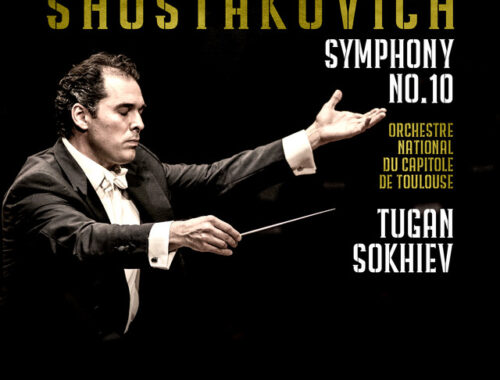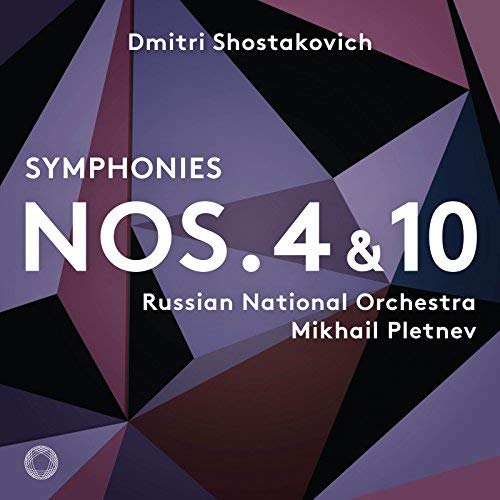Donizetti’s ‘Belisario’ marches in…
Among Donizetti’s 75 or so operas Belisario has all the credentials to be much more than just a curio. It was written in the wake of Lucia di Lammermoor‘s triumph and represents the composer in full maturity eager to break new ground and empowered to do so boldly. The ferocious opening chords are like the flinging down of a gauntlet and whilst the jaunty toe-tapping march tunes and wistful lyric plaints represent “business as usual” for the composer there is an audacity about the delivery and a brassiness – as witness the separate “banda” for offstage special effects – about this Byzantium thriller that sets it apart as a high-voltage crowd-pleaser.
In that respect it surely set pulses racing at this Opera Rara/ BBC Symphony Orchestra collaboration under Opera Rara’s Artistic Director Mark Elder – the concert of a recording set down only last week. The dramatic elements of Belisario don’t bear too much scrutiny and indeed one has to question how and why the vengeful leading lady Antonina, embittered wife of the hero, sets the whole ghastly cycle of violence in motion and then disappears for most of the opera only to return remorsefully at the close for a grand scena and the obligatory high C pay-off? A daring dramatic device or just bad planning?
No matter, this was an undeniably rip-roaring performance with incisive chorus work (and a lot of it) from the BBC Singers and terrific rhythmic élan from the BBC Symphony whose swaggering brass playing was just what the piece ordered. The brightly lit paganism of it all is a whisker away from being too much of a good thing and those moments – like the father/daughter duet in act two – that do wholeheartedly embrace the subtlety and poignancy of the genre demonstrate conclusively that Donizetti was up there with Verdi when his work was at its most personal.
Indeed the brazenness of Belisario has something of the early Verdi’s Nabucco about it and the almost reckless nature of some of the vocal writing, not least for the leading lady, is strongly redolent of it. The leading players here were all as unstinting as one could ask though with varying degrees of accomplishment. I can see why Russell Thomas (Alamiro) appeals to an audience, indeed why he was cast. His is a broad and heroic timbre with terrific heft in the middle voice but not much at either end. He got away with it (just) for this role but he really needs to take in hand the transition into the bottom register and whilst he’s exciting at full-throttle in the middle of the voice, the top sounds like it responds only to pushing and not finessing. Put it this way, it’s like having a Radames who can’t do “Celeste Aida”.
The father/daughter duo of Nicola Alaimo and Camilla Roberts was effective and touching, Alaimo displaying impressive breath control in the “tenderising” of that key duet. But the undoubted “find” of the evening from my point of view was Joyce El-Khoury (Antonina) whose plangent tone and uninhibited production and delivery belied great resources of refinement. Her final scene took her softly into the stratosphere where she sat, vocally speaking, with affecting restraint. And then came that conclusive top C. Wow.


